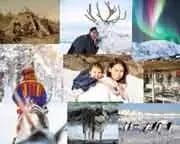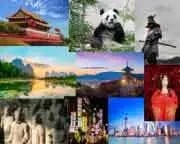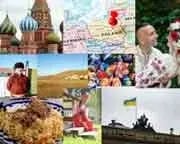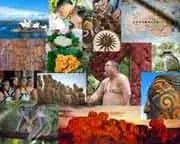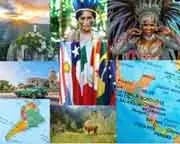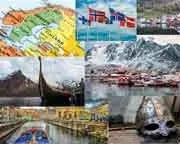Building Character Through Intercultural Education
Our Values-Based Approach to Early Years Development
At Hatching Dragons, character education is woven into everything we do. In a world of growing complexity, we believe it’s vital to help children develop a strong moral foundation, one that helps them understand themselves, others, and the global community they’re part of. We don’t just teach children what to learn, we help them discover how to be..
The Challenge:
Raising Ethical Thinkers in a Changing World
The Values We Teach

Courtesy
Courtesy is about treating others with kindness and empathy so we can build positive, respectful relationships. We remind children that small acts of politeness create a happier community.
.png?height=320&name=honesty%20(1).png)
Honesty
Honesty means being truthful with ourselves and others, even when it’s difficult. We help children understand that honesty builds trust, friendship, and confidence in who they are.

To Be Good
Being good is about doing the right thing — guided by fairness, kindness, and courage. Children learn that their choices affect both themselves and the people around them.

Respect
Respect is about listening, valuing others, and learning from everyone we meet. By showing respect, children discover how mutual understanding helps us all grow.

Harmony / Peace
Harmony means living in balance with ourselves, others, and the world. We teach children that peace comes from kindness, cooperation, and caring for our environment.

Temperance
Temperance is learning self-control — managing feelings, words, and actions responsibly. Children discover that making thoughtful choices brings better outcomes for everyone.

Doing Right
Doing right isn’t always easy, but it helps us build fairness and justice in our lives. We guide children to see that integrity and responsibility earn respect from others.

Consideration
Consideration is about empathy and thinking of others before ourselves. We encourage children to notice how their actions affect people around them and to choose kindness.

Wisdom
Wisdom means thinking before we act, making good decisions, and learning from experience. We nurture children’s natural curiosity so they grow into thoughtful, reflective individuals.
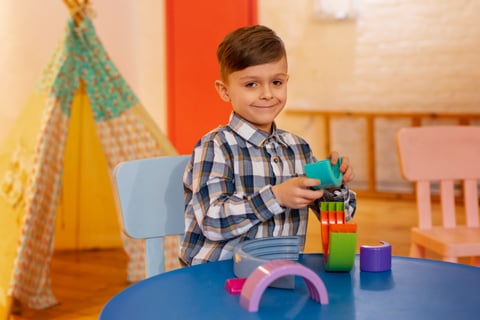
To Do Good
Doing good means being kind, generous, and helpful in everyday life. We encourage children to see how small, positive actions can make a big difference in the world.

Courage
Courage is having the bravery to be ourselves and the strength to keep going, even when things are tough. We show children that resilience builds confidence and character.

Loyalty
Loyalty means being true to our friends, families, and beliefs. We help children understand that loyalty builds trust and strong, lasting relationships.
Our Regional Themes
Each month we investigate the people, places, plant life, animals, objects and activities of a particular region and culture. It is a central theme that allows the teachers to research the literature, myths, songs and stories; the arts, crafts and ceramics and textiles from a region; the dance forms and dramatic arts; it allows the chef to look into the cuisine for cookery classes and so much more. These regional themes are launch pads that allow our teachers to interpret and interrogate it in whatever way the children want to pursue it, starting with the stories, songs and myths of the region, we can develop it across the arts, dance, drama and more...
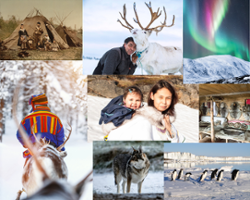
Arctic & Polar Peoples
In January, we investigate the colder climates and cultures of the world - the Sami and Inuit peoples and what life is like for the animals and peoples of the Arctic and Polar regions. It's a time for snow, ice, polar bears and penguins and how we can / should change our behaviour to safeguard the icecaps and ecosystems of the poles...

The Confucian Cultures
In February we look to the "Confucian" cultures of East Asia - China, Korea and Japan to look into their mythologies, languages and cultural traditions in the arts, cuisine and story telling. There is such magic to be found in those stories - dragons and immortals, monkey kings and kung fu...all inspiring stuff for young minds...

UK & Northern Europe
In March we look at the United Kingdom and Northern Europe - France, Germany, Holland and Belgium: the Flemish, Francophone and Germanic regions of the world, with their cuisine, culture and customs and cities front and centre to our thematic learning....
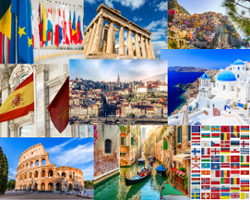
The Roman & Hellenic Cultures
In April, we turn to the Roman and Hellenic cultures of southern Europe: Italy, Greece, Spain and Portugal - the wonderful food and produce that the sunnier parts of Europe produce and how the histories and mythologies of some of their greatest thinkers have given us much of what we think and do today...
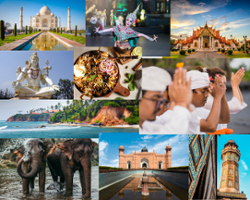
South East Asia & India
As we move into the summer months, we start to investigate the Hindu and Buddhist traditions of South East Asia and the Subcontinent - the rich food, the vibrant colours and climate, and wonderful mythologies of Hindu and Buddhist legend...
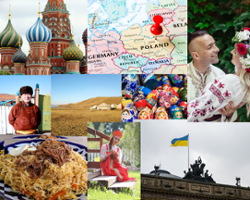
Russia, Eastern Europe & Central Asia
We look to Eastern Europe, Russia and Central Asia in June to understand the lives of the people of the Steppes and Central plains, the slavic traditions and those of the nomadic cultures of the grasslands of central Asia.
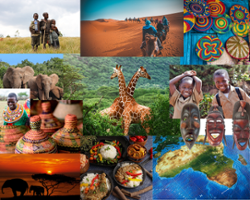
Africa - North & South
For such a large place, one month seems too little to investigate such a richly diverse region in full. Our teachers can pick and choose a specific focus within the region to investigate with the children - the Massai of East Africa; the Yoruba of West Africa; the Berbers of the North; or the Zulu of the South, to name but a few...
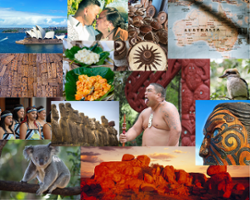
Australasia & the Pacific Rim
In August, we investigate the cultures of the pacific islands of the south - the Maori, Hawaiians and Fijians; Tongans and the Aboriginal peoples of Australia, how maritime culture and history is deeply rooted in their traditions and myths
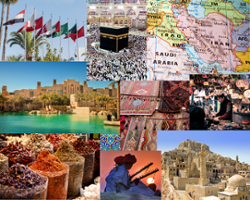
The Middle East & Muslim World
We look into the cultures of the middle east and the muslim world, from old Arabia and Persia through to the modern day, observing the landscapes and the desert traditions of the bedouin
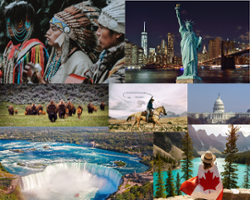
North Americas
In October we look into North America - the USA and Canada - and their cultural traditions, stories, histories and breathtaking landscapes. We look at the Native Americans and their rich oral, agrarian and artistic traditions
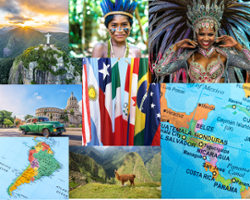
South & Central America
In November, we look at South and Central America, looking at the rich diversity of custom and culture across the region, the dance forms, vibrant colours in textiles and richness of the cuisine and oral traditions. We look at the Amazon and what we can do to protect it...
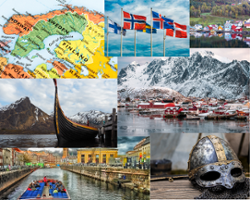
Northern Europe & Scandinavia
In December, we look into the cultural traditions of Northern Europe - the Scandinavians, Vikings and Saxons, their mythologies and fables, landscapes and languages
Curating Cultural Capital Through Global Exploration
- Build early empathy and global awareness
- Connect values with real-world behaviours
- See difference as a strength
- Engage with a wide range of cultural materials
- Understand how diverse societies function
A Balanced Pedagogy: Child-Led & Adult-Guided
- January: Arctic & Polar Peoples
- February: China & East Asia
- March: Northern Europe
- April: Southern Europe
- May: India & the Subcontinent
- June: Russia & Eastern Europe
- July: Africa
- August: Australia & South Pacific
- September: Middle East
- October: North America
- November: South & Central America
- December: Scandinavia
Our Nursery Schools

City of London
Ideal for professionals seeking convenient childcare close to the office.
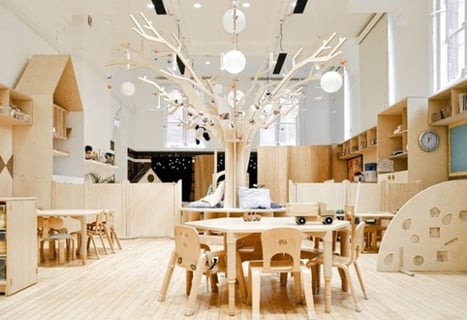
Westminster (Pimlico)
Located on the grounds of St James the Less Church with outdoor play areas.
Multilingualism & Global Citizenship
Our values-led curriculum is enriched through multilingual education. Specialist language teachers introduce Mandarin and other future-facing languages through immersive learning.
This supports:
- Language fluency
- Memory and focus
- Emotional intelligence
- Intercultural competence
Together, this prepares children not just to succeed, but to belong, lead and contribute in a multilingual world.





-1-3-1.png?height=320&name=Canada%20Water-Interior%20Design%20(2)-1-3-1.png)
